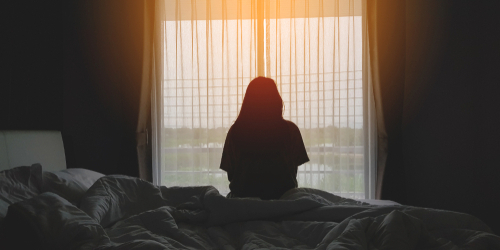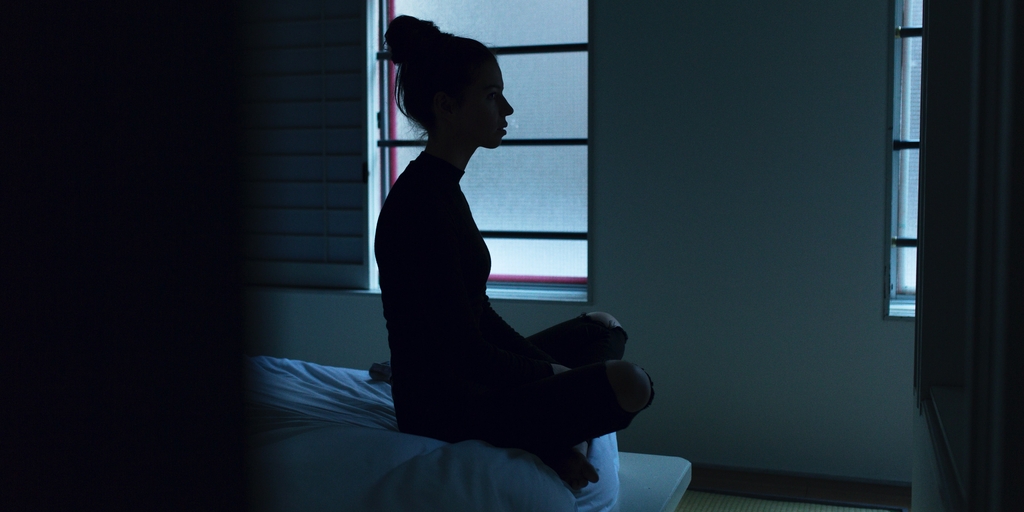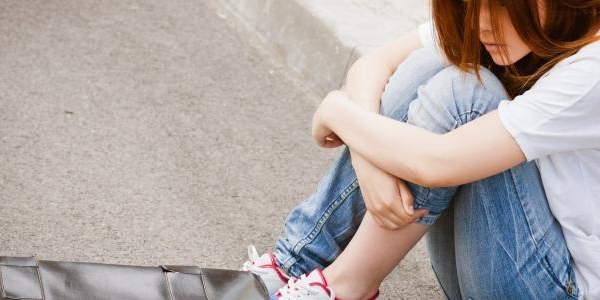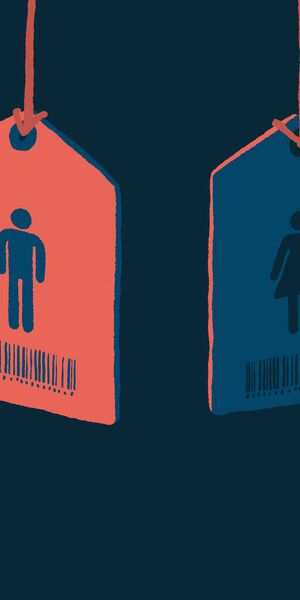Trafficked women are still being prosecuted for crimes they were forced to commit
Human Trafficking
Female victims of human trafficking are still routinely being prosecuted for crimes, even though it breaches the law, a new report reveals.
The Modern Slavery Act 2015 introduced a statutory defence – Section 45 - for victims of modern slavery who were compelled to commit a criminal offence. Yet research from the Prison Reform Trust confirms that victims of modern slavery continue to be prosecuted for crimes they were forced to commit.
The report studied 585 foreign national prisoners between February 2013 and March 2017 and 45 of those were identified as victims or potential victims of human trafficking.
The report’s suggestions and recommendations
-
Victims of trafficking need to be identified at the first point of contact with the criminal justice system or as soon as possible after that point. Therefore, there needs to be consistent and adequate training for police officers, lawyers and the judiciary.
-
The Home Office should implement measures to strengthen and increase awareness of the section 45 defence.
-
There remains no official data on the number of victims of trafficking who are wrongly prosecuted for offences due to exploitation or their experiences. This must be rectified.
-
The Human Trafficking and Exploitation (Scotland) Act provides for guidance to be issued by the Lord Advocate on the non-prosecution of victims of human trafficking and exploitation. This guidance requires that where the individual has been identified as a victim of human trafficking, the case must be referred to the National Lead Prosecutor for Human Trafficking and Exploitation who will make the final decision on whether to prosecute. This should be adopted across all UK jurisdictions.
Victims of modern slavery need support
The report highlights that the failure to recognise a victim of trafficking has severe consequences. Not including the trauma of an arrest, detention and court appearances, if the victim is convicted after a trial they may face a prison sentence or be deported to their country of origin, where they are vulnerable to being re-trafficked. Victims are supposed to be offered the chance to enter the National Referral Mechanism which entitles them to a period of support and safe accommodation. Sending a victim of trafficking to jail without spotting that they are victim denies them the chance for this support.
The victim will also have a criminal record, making it harder for them to get a job and reintegrate back into society. It may also prevent them from being granted leave to remain in the UK.
The report recognised how vulnerable the women in prison were, adding that the experiences of being trafficked had led the women to develop mental health problems or exacerbated existing conditions.
It is integral therefore, that police, prosecutors, defence lawyers and the judiciary need to be able to identify when suspects or defendants are in fact victims of human trafficking.
CARE’s Senior Policy Officer – Human Trafficking, Louise Gleich comments on the findings:
“The fact that these women came so far though the criminal justice system before being identified as victims of modern slavery reflects a disturbing lack of progress in protecting victims.
“Victims of modern slavery who are imprisoned for crimes they were forced to commit are denied the chance to recover and be rehabilitated. Upon their release they are therefore extremely vulnerable to being re-trafficked, enabling the cycle of exploitation to continue.
“The Home Office must take steps to ensure police and others in the criminal justice system are fully aware of the Section 45 defence and how to respond appropriately. Regular training must also be given to first responders and those in the justice and prison system so they can spot the signs of human trafficking."
The Government have commissioned an independent review of the Modern Slavery Act which will look at the section 45 defence for victims and how it is being applied. CARE welcomes the contribution this report makes to understanding the challenges many victims still face and we hope the Review panel will consider its findings closely.

Read more about our work on human trafficking here.





Share story
Trafficked women are still being prosecuted for crimes they were forced to commit